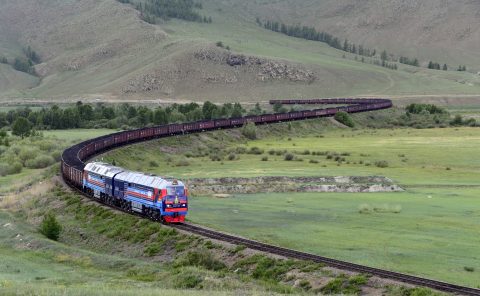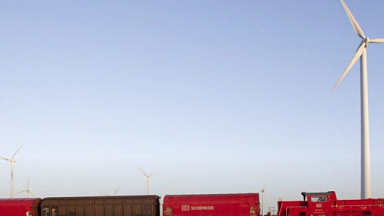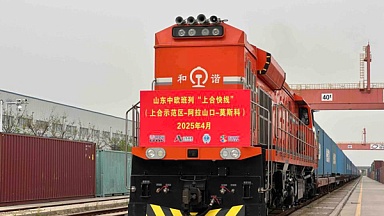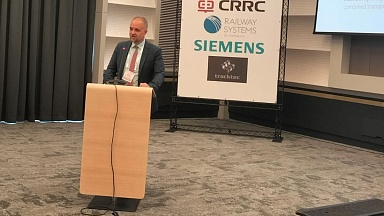If you ask him, the shipper should be in control of its own processes in order to remain independent and make its own decisions based on its specific needs. «The world is changing rapidly in a way we have never seen before. Consumers demand short lead times and for shippers to remain healthy, they need reliable, safe and flexible business models.»
«Corona is here and health experts have no sight on a solution yet. This has an impact on logistics solutions, lead times, efficiency and costs. For example, sea freight is stressed and therefore lead times have increased and air freight prices have exploded. This will not support companies in their challenge to remain cost efficient and healthy. Resources must be re-organised.»
Reliance on Asia
At the same time, the demand of the market has changed, he explains. «There is a tendency to rely less on Asia, in order to prevent a market disturbance. We expect more companies to look for their suppliers in Europe. This should also result in a better balance of east- and westbound traffic.»
But also within Asia the market is shifting, he continues. «Apart from China, companies are looking for their supplies in Japan, Korea or Vietnam. These are all countries connected to the New Silk Road. We have received quite some requests for transportation from, but also to these countries.»
Strength of rail
Rail is characterised by flexibility with reliable and stable lead times; therefore, companies have decided to add rail as a permanent modality in their transport portfolio, Wildekamp argues. «During the past few months, the company has met a whole new world. The market is open for innovation and new opportunities. There was a time when companies saw the added value of rail but did not feel the urgency to change and add rail as a permanent modality to their supply chain portfolios.
Rail Bridge Cargo aims to support companies with this change. Based in the Netherlands, the company is active on 23 routes between Europe and Asia to specialize in rail solutions. «We deliver rail solutions to our customers, without taking over the entire process. We aim to keeping intact the independence of the shipping company so they can remain flexible and in control of their own supply chain. We evaluate the performance of the different rail providers on a daily base so we can deliver what we promise. Whether it’s LCL, FCL or a block train, shipments are always delivered with the same reliability, quality and speed.»
«With rail, you are much less reliant on people», he says. «Moreover, you mostly know where a train is positioned. You arrange your pick-up when the train arrives. The costs of the journey are economical, they are much more in line with the sales and operational planning of a company», the logistics expert describes.



